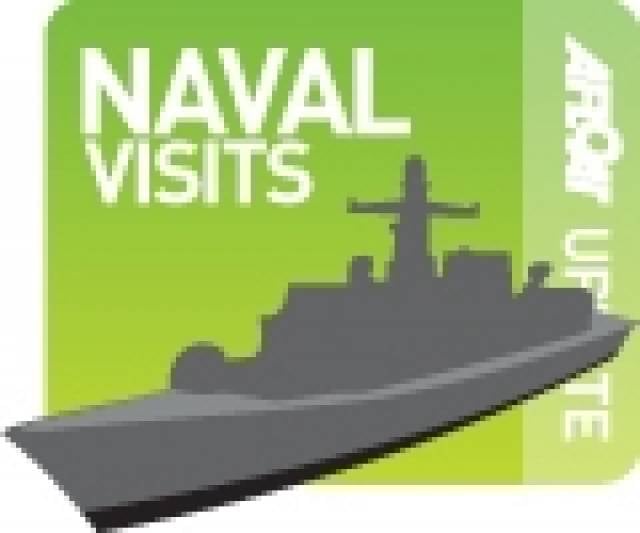#RoyalFrigate – A Royal Navy frigate is joining in the Belfast Tall Ships Races Festival which has 45 tallships visiting the city including a record 17 of the largest 'A' Class full-rigged vessels, writes Jehan Ashmore.
The Type 23 Duke class frigate HMS Northumberland (F238) is berthed in Pollock Dock and will be open to the public at certain times.
When not tasked on deployments the frigate commissioned in 1994 is based in her homeport of Devon, Cornwall. She along with the impressive A class tallships and those of the B,C and D classes are visiting the city which is also hosting the Belfast Titanic Maritime Festival.
In addition to boarding the 133m frigate of course will be opportuity to step on the decks of the Tallships which are also berthed on the Lagan and close to the Belfast Titanic Quarter. Tallships of all sizes and from many nations are berthed. Among them is the Brazilian Navy's clipper Cisne Branco meaning the 'White Swan'.
Announcements regarding vessel opening times will be notified to visitors over the course of the four –day festival that began yesterday and continues to this Sunday 5 July.
A total of 500,000 visitors are expected to throng the city's quays and the shores of Belfast Lough notably for the festival's maritime spectacle of the Parade of Sail on the Sunday from 11am!
To see the list of all participating tallships, events and much more visit http://tallshipsbelfast.com/






























































